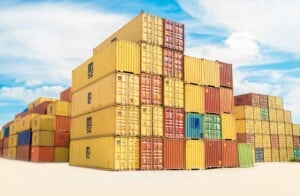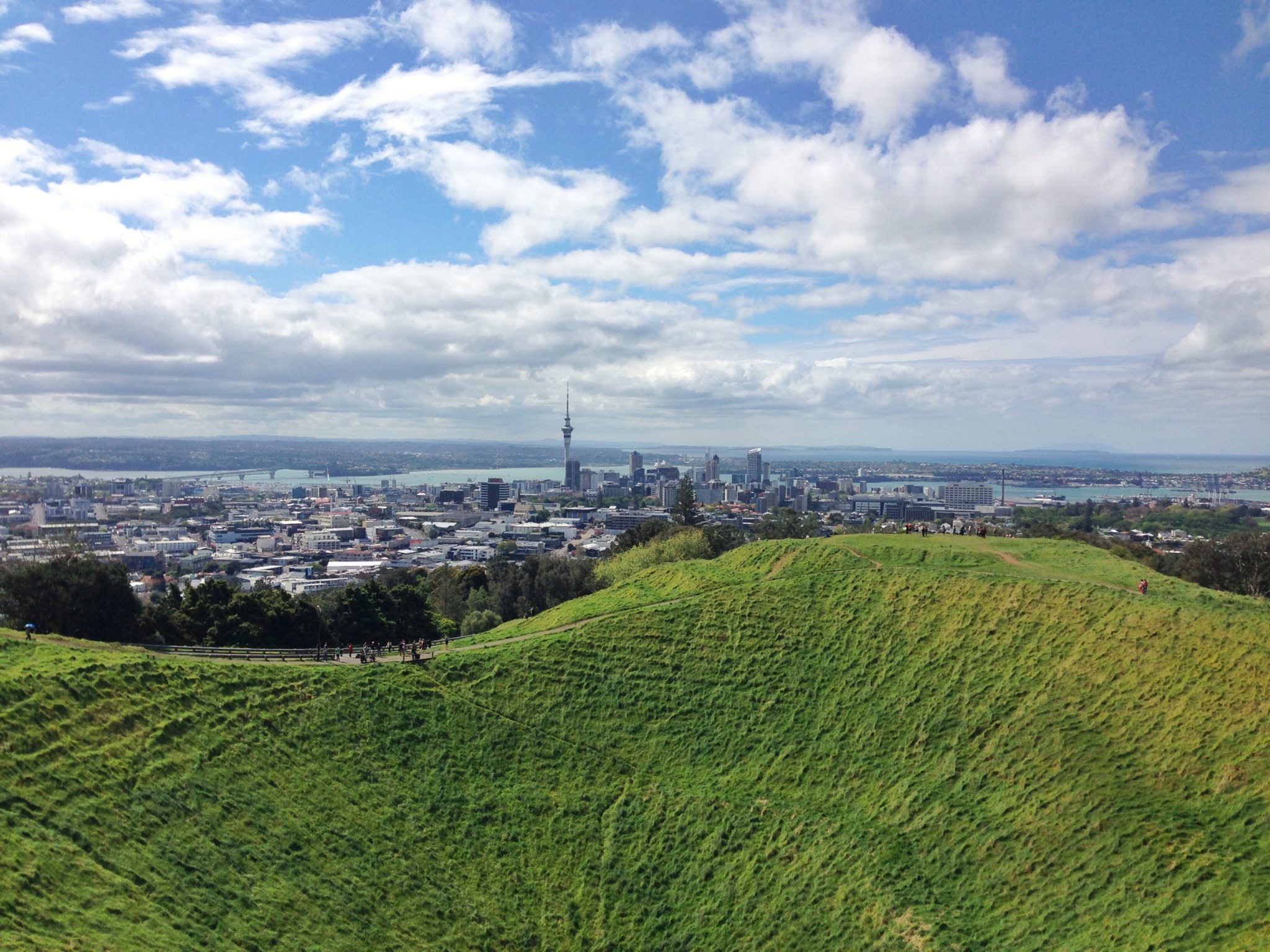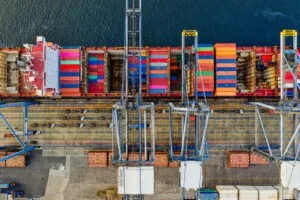New Zealand, a small South Pacific island nation, maintains a strong, stable political environment and thriving local and export economy. It’s a world-class destination for setting up a business, and its myriad trade relationships give it an expansive international reach.
Consequently, the South Pacific powerhouse is a country to watch through the lens of China’s Belt and Road Initiative (BRI). According to China, New Zealand could play a key role in connecting the Asian giant with emerging influencers in Latin America. Find out how businesses in Latin America and New Zealand could benefit from this projected development.
Belt and Road in Latin America – New Zealand and China
In 2013, Chinese President Xi Jinping proposed a plan to connect China with the rest of the world, called the Belt and Road Initiative. Through 1700 infrastructure and investment projects worldwide, China intends to create trade links connecting itself with Europe, Southeast Asia, and Africa.
Originally, the Belt and Road Initiative didn’t include Latin America. Since January 2018, after a meeting with the Community of Latin American and Caribbean States, China’s government pledged to include Latin America in the BRI.
Chile and Panama high on BRI agenda
China’s focus in Latin America to date has centered around Chile and Panama. Chile and China have maintained a Free Trade Agreement since 2005. Additionally, a Supplementary Agreement on Investments (SAI) signed in 2012 prohibits discrimination against Chinese investment in Chile. The SAI also protects Chinese investors from damages. This makes Chile a foothold for China to begin partnerships and negotiations on BRI development projects in Latin America.

For Panama, infrastructure projects under the BRI target the maritime industry. This is because Panama’s world-class shipping channels are seen as a key connecting link to Latin America for China. Strengthening infrastructure and transportation channels in Panama means greater shipping capability across both the Pacific and Atlantic Oceans. This makes the Central American country strategically vital for Chinese trade in Latin America.
Starter investment projects
China’s President, Xi Jinping, projects that by 2025, Chinese companies will invest around US$250 billion in the region.
To begin, China intends to build a fiber optic cable connecting with Chile through the ocean at an estimated cost of US$650 million. The Panama Canal and other transport infrastructure in Panama are also key starting points for China. In November 2017, Panama vowed to support China’s Belt and Road investments in Latin America. China’s Landbridge Group began with a US$1 billion expansion of Panama’s biggest port: the Colón Container Port. In July 2018, China invested US$ 1.42 billion in the Panama Canal, to build a 6.5KM bridge over the canal which supports a two-way railway line and six car lanes.
A feasibility study on the Panama-Chiriquí railway will also determine China’s options for strengthening its transportability.
Where New Zealand comes into the mix
Though small in population numbers, New Zealand is a Southern Pacific epicenter for international trade. The country is a strong supporter of multilateral trade agreements, facilitating strength in numbers. Its prosperous export economy – totaling NZ$79.8 billion in 2018 – neutralizes the economical pitfalls attributed to the ‘tyranny of distance.’
New Zealand’s excitement amid the BRI commotion in Latin America stems from what is known as the Southern Link proposal.
The Southern Link promotes New Zealand as a connecting trade hub between Latin America and China. This ‘trade facilitation,’ as labeled by the New Zealand China Council, advocates using New Zealand’s customs and freight expertise to support two-way trade. The value-add for China and Latin America is smoother flows of goods between the two regions.
How will it work?
New Zealand’s middle-man role has yet to be explicitly defined. Government officials, international businesses, and facilitating organizations are holding discussions this year to visualize New Zealand’s facilitative capability.
Ideas presently being put forward include speeding up customs clearance of goods moving into China and across other BRI-connected economies. New Zealand ‘forward’ hubs in China and Latin America could also support the free-flow of goods through the island nation. A successful example of this is Fonterra’s hub in Singapore. This forward hub assists the flow of New Zealand dairy products into Southeast Asian markets.
Benefits for New Zealand and Latin American business
The Southern Link is good news for Latin American exporters. Majority of the region’s trade connections with China aren’t yet formalized by trade agreements. Only 3 countries have struck trade deals with the global giant: Chile (2005), Peru (2009), and Costa Rica (2010).
This means that preferential trade access with China is still something of a novelty for Latin America. Having an experienced Asian trader support the flow of goods between the regions therefore enables market prosperity in Latin America.

Opportunities for New Zealand services and e-commerce
For New Zealand, local businesses have an opportunity to develop a service sector element that caters to this large-scale trading. Transportation, logistics and storage services, in particular, could capitalize on New Zealand’s auxiliary role in moving goods between regions.
Another example of a New Zealand trade boost is the potential for increased e-commerce transactions with Latin America. As larger and more regular shipments leave New Zealand ports, export commodities have a higher chance of piggybacking on the South Pacific pilgrimage.
The Belt and Road Initiative diversifies the investment the region receives, and gives Latin American countries the opportunity to be connected with major trading partners and regions they’ve previously found hard to reach. New Zealand has the chance to play a key role in improving that commercial connectivity, and share in the resulting economic success.
Want assistance? We can help
New Zealand’s hive of export and import activity make it one of the most attractive markets in the world for investors. With a multicultural population, opportunities for new businesses are plentiful and incredibly diverse.
At Biz Latin Hub, we can help you navigate the setup process for doing business with and in New Zealand or Latin America. Our team of professionals spans 12 countries, offering a range of services for firms looking to expand into these regions. This includes legal services, company incorporation, due diligence, accounting, and visa processing.
To find out more, contact the team today here.





